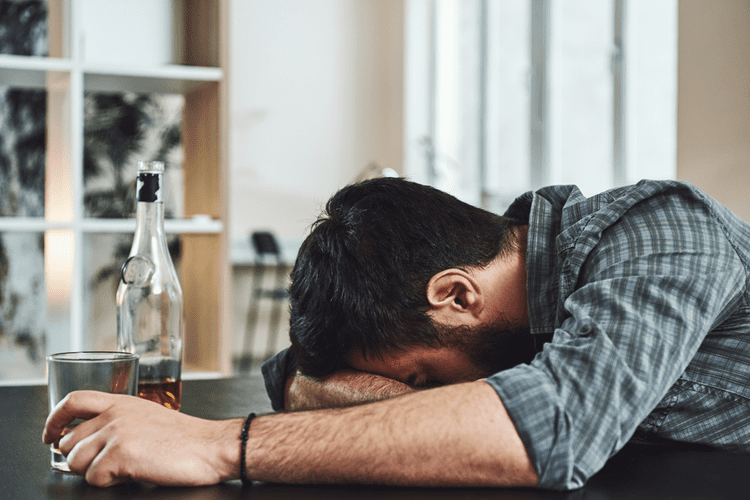Content
SAMHSA’s mission is to lead public health and service delivery efforts that promote mental health, prevent substance misuse, and provide treatments and supports to foster recovery while ensuring equitable access and better outcomes. Find treatment programs in your state that treat addiction and dependence on opioids. Relapse is a common part of the recovery process from drug addiction. While relapse is frustrating and discouraging, it can be an opportunity to learn from your mistakes, identify additional triggers, and correct your treatment course. If you were addicted to a prescription drug, such as an opioid painkiller, you may need to talk to your doctor about finding alternate ways to manage pain. Regardless of the drug you experienced problems with, it’s important to stay away from prescription drugs with the potential for abuse or use only when necessary and with extreme caution.
- This is sometimes referred to as medication-assisted treatment (MAT), and is mostly used to treat addiction to opioids, heroin, prescription pain relievers, and alcohol.
- If they aren’t ready for rehab, you should hire an interventionist.
- The care you need depends on a variety of factors, including your age, drug-use history, medical or psychiatric conditions.
- It may seem corny, but hearing that you care is just the kind of motivation your friend needs.
90-day programs are one of the most impactful because it allows for more time to become adjusted to life without drugs or alcohol. During this time, you’ll be able to strengthen your sobriety skills and identify any potential triggers that can cause relapse. This is a program that individuals rarely take on their first attempt at treatment, however, many who experience a relapse after leaving treatment frequently share that they wish they did. Another common timeframe for addiction treatment is a 60-day program. 60-day programs have the benefit of added time and support throughout treatment. In these programs, the extra 30 days will provide opportunities to dive deeper into the emotions and experiences that may be at the root cause of your substance use disorder.
Office of Addiction Services and Supports
A specific stimulus that sets off a memory or flashback, transporting the individual back to a feeling, experience, or event which may increase susceptibility to psychological or physical symptom recurrence and reinstatement of substance use disorder. Detoxification in an organized residential setting to deliver non-medical support to achieve initial recovery from the effects of alcohol or another drug. Staff provide safe, twenty-four-hour https://stylevanity.com/2023/07/top-5-questions-to-ask-yourself-when-choosing-sober-house.html monitoring, observation, and support in a supervised environment for patients. An alcohol- and drug-free living facility for individuals recovering from alcohol or other drug use disorders that often serves as an interim living environment between detoxification experiences or residential treatment and mainstream society. Also known as Sober Houses, Sober Living Houses (SLHs), Sober Living Homes, or Sober Living Environments.

Overcoming a substance use disorder is hard, but your loved ones doesn’t have to struggle alone. The logic behind the “tough love” approach is founded in the belief that the parent is in control of the household, and the child is in control of their behavior. If the child does not accept the rules of the house, the child is not allowed to stay in the house. When faced with the choice of being asked to leave the house, the ideal outcome would be that the child would choose sobriety. A method of creating a population sample for a research study where individuals who are participating in the study invite people they know to also participate, who then invite people they know, and so on.
Where can I find more information and support?
Recovery requires time, motivation, and support, but by making a commitment to change, you can overcome your addiction and regain control of your life. The point here isn’t that you won’t be able to see the signs and symptoms of substance abuse in your loved ones. It’s that you might need to look a little closer to figure out something is wrong.

An approach to drug policy that is a coordinated, comprehensive effort that balances public health & safety in order to create safer, healthier communities, measuring success by the impact of both drug use & drug policies on the public’s health. Proposed by Richard Jessor in 1991, Problem Behavior Theory is a conceptual framework that examines factors leading to adolescent substance use. The theory proposes that behavior is tied to goals, and adolescent substance use results when a teen holds goals and values that are unconventional or do not align with typical social values of society.
